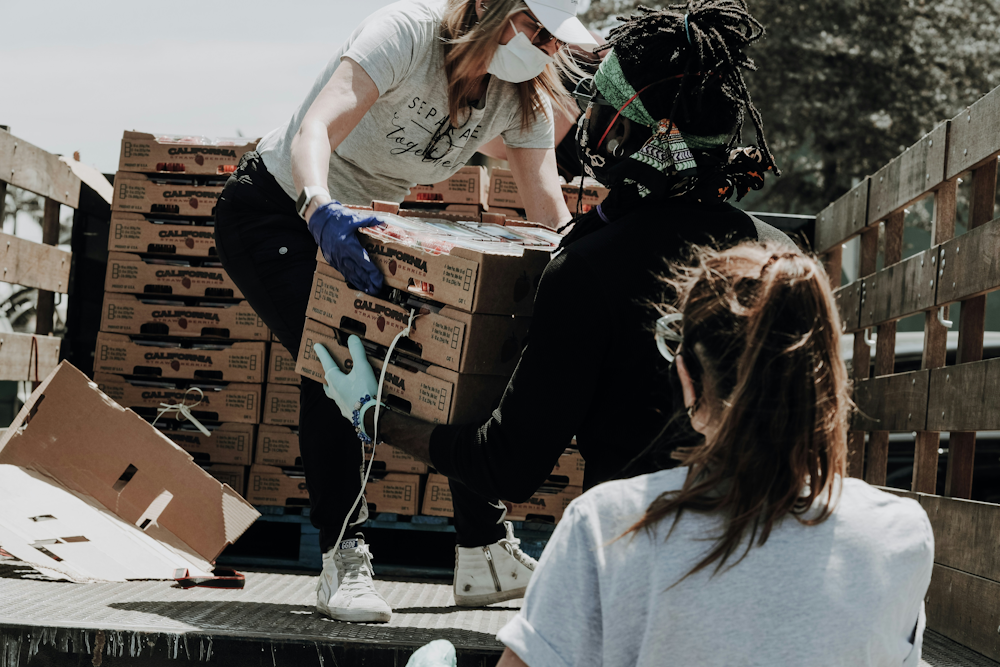Domestic Violence
Safehouses
Benefits of Safehouses for Domestic Violence Survivors
Know Your Options
Fight Back
In the harrowing landscape of domestic violence, safehouses and transitional homes stand as beacons of hope, providing vital support and sanctuary for individuals escaping abusive environments. These specialized facilities play a crucial role in empowering survivors and helping them rebuild their lives. This article explores the multifaceted benefits that safehouses and transitional homes offer to those suffering from domestic violence, highlighting the transformative impact they have on survivors’ journey towards safety, healing, and independence.


1. Physical Safety and Security:
The foremost benefit of safehouses and transitional homes is the provision of a secure environment. These facilities offer a refuge from the immediate danger of an abusive relationship, providing survivors with a safe space where they can escape violence and threats. By offering 24/7 security measures, such as trained staff, controlled access, and confidential locations, safehouses ensure that survivors can begin their journey to recovery without fear of retaliation or harm.
2. Emotional Support and Counseling:
Safehouses and transitional homes offer comprehensive emotional support to survivors of domestic violence. Trained professionals, including counselors and therapists, are readily available to provide individual and group therapy sessions, helping survivors navigate the complex emotions associated with their traumatic experiences. Through counseling, survivors can process their trauma, rebuild their self-esteem, and regain a sense of control over their lives.


3. Community and Peer Support:
These facilities foster a sense of community by bringing together individuals who have shared experiences. Survivors living in safehouses and transitional homes find solace in knowing that they are not alone in their journey. By connecting with others who have faced similar challenges, survivors can gain strength, encouragement, and understanding, while forming lifelong bonds that promote healing and personal growth.
4. Practical Assistance and Resources:
Safehouses and transitional homes offer practical assistance to survivors as they navigate the path towards independence. This includes access to basic necessities such as food, clothing, and toiletries. Additionally, these facilities provide educational resources, employment support, and life skills training, equipping survivors with the tools they need to secure stable employment, manage finances, and maintain a self-sufficient lifestyle. Such support helps survivors regain control of their lives and build a foundation for a brighter future.


5. Legal Advocacy and Resources:
Navigating the legal system can be daunting for survivors of domestic violence. Safehouses and transitional homes often collaborate with legal professionals who specialize in domestic violence cases, providing survivors with legal advocacy, guidance, and referrals. This support empowers survivors to seek restraining orders, navigate custody disputes, and access other legal resources, ensuring their rights are protected and justice is served.
6. Child-Friendly Environment and Support:
For survivors with children, safehouses and transitional homes offer a child-friendly environment that prioritizes their well-being. These facilities often provide age-appropriate activities, counseling services for children, and assistance with school enrollment and educational support. By ensuring the safety and stability of children, these facilities play a crucial role in breaking the cycle of violence and promoting healthy family dynamics.


7. Transitional Support and Long-Term Planning:
Transitional homes go beyond immediate safety and provide survivors with the opportunity to plan for a self-sufficient future. These facilities offer longer-term accommodation and support services, allowing survivors to establish stability and develop a roadmap towards independent living. Case managers work closely with survivors, helping them set goals, access educational and vocational training, secure affordable housing, and connect with community resources, ensuring a successful transition to a violence-free life.
Conclusion:
Safehouses and transitional homes are indispensable resources for survivors of domestic violence. Beyond providing physical safety, these facilities offer a holistic support system encompassing emotional healing, practical assistance, legal advocacy, and transitional planning. By granting survivors access to safe, nurturing environments and empowering them with essential tools.
Telephone
- Tel: 1-213-510-2801
- Fax: 1-424-458-7901
Hours
- Mon- Fri: 9am- 8pm
- Saturday: 10am-4pm
contact us
Telephone
- Tel: 1-213-510-2801
- Fax: 1-424-458-7901
